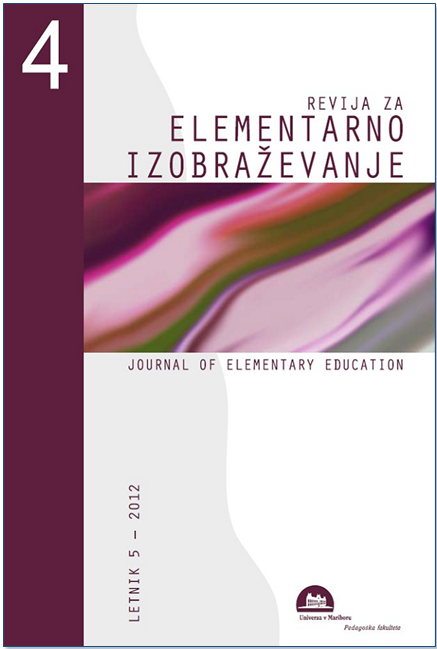Zgodnje učenje in poučevanje naravoslovja z raziskovalnim pristopom
Abstract
Inquiry-based Early Science Teaching and Learning. The inquiry-based approach has become well established at all school stages, especially with regard to science and environmental education, which are inherently connected. Inquiry-based didactic approach which is based on problem-solving is perceived as one of the basic personalized learning and teaching strategies. Thus, it is a modern and fresh approach in early childhood science education in Slovenia. It is considered also in the EU guidelines on education as the IBSE model (2007). Didactically, it is based on several theories, among which we can underline the Piaget's theory and constructivism. Its process is connected with the didactic system of problem-based learning which is similarly systematized and basically structured in accordance with the logic of the cognitive process as well as with the scientific approach and way of thinking. The inquiry-based approach helps us pursue two basic goals of education, namely, to maintain children's curiosity and their permanent interest in knowledge and to develop the skills which are needed for independent problem-solving. The latter regards also and particularly those skills that are concerned with the acquisition and the understanding of the processes in natural environment. Inquiry-based learning implements general and operative goals of science (and environmental education), as defined in preschool and elementary school (first triad) curriculums.
Downloads
Copyright (c) 2012 The Journal of Elementary Education

This work is licensed under a Creative Commons Attribution-NonCommercial-NoDerivatives 4.0 International License.
